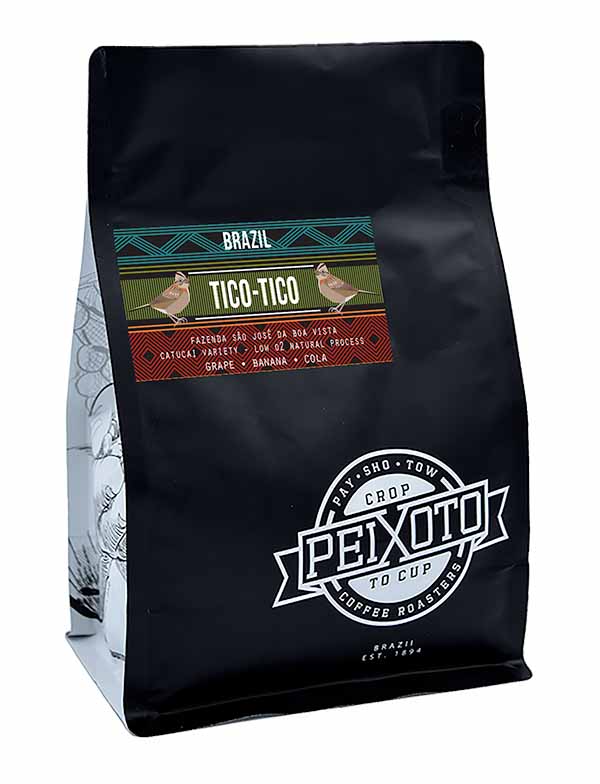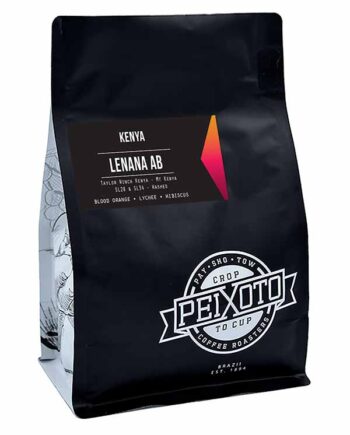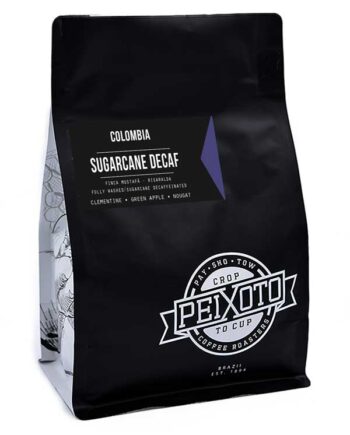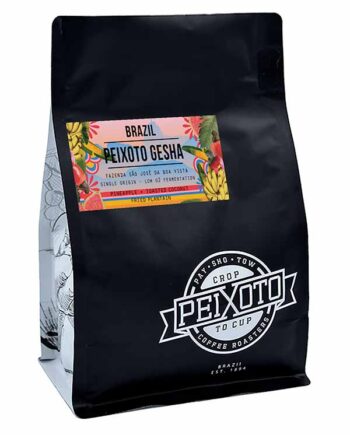Description
This year, we conducted three main fermentation experiments. Lot 301 was fully fermented in its wild and natural environment exposed to 02, causing a quick musical choro of humble yet wild & dynamic flavors. Tico-Tico, a Brazilian, Rufous-collared sparrow, commonly present in the Southeast region of Brazil, where our farm is located, and often seen at our farm. It is an ordinary and humble bird, often seen attempting to break into people’s homes to peck fubá (cornmeal) grains, as musically captured in the notorious choro composition of Zequinha de Abreu in “Tico-Tico (No Fubá)”, 1917. We named this coffee after this seemingly ordinary scene which, when experienced, brings such comforting joy and surprising radiance.
This lot consists entirely of the yellow Catucai variety and although it is the variety as our Familia and Peixoto Honey, the processing has transformed its natural characteristics. Where you might find a clean apple or citrus acidity in our main lots, you now get a bright pomegranate, and instead of caramels and chocolates, you get layers of dried fruits and an assortment of different berry jams. A complete evolution of the flavors we have come to love in our family coffees.
After fermentation, we slowly dried this coffee on concrete patios until it reached the optimum moisture content, enhancing the fruit characteristics and ensuring long-lasting flavor post-harvest.
When roasting this coffee, we aimed to highlight its unique qualities. We achieved this by roasting it to a similar degree of development as our main lots, but with a hotter and quicker approach to the end of the roast. This preserved the fruit notes while allowing the sugars to caramelize, resulting in heightened sweetness and body.
This resulted in a remarkably syrupy and fruit forward cup, with a lively acidity, smooth and enveloping body, and a taste that develops and changes as you drink it, revealing the depth of its complexity.
Farm details:
Farmer: José Augusto Peixoto
Farm: Fazenda São José da Boa Vista
Region: Sul de Minas
Country: Brazil
Altitude: 1250 MSL
Process: Low o2 Natural
Varietal: Yellow Catucai
Flavor profile:
Taste: Berry Compote, Plum, Jam
Acidity: Medium
Sweetness: Rich
Body: Medium/Syrupy
Recommended Brewing Methods:
Fellow Stagg [X]
22g in, 350g out
2:10 – 2:25 minutes
205 f temperature
Medium/coarse grind
Bloom
0-30 seconds
50 gram pour, pick up brewer and spin 3 times
Second pour
30-50 seconds
Pour from 50 grams to 200 grams, starting at 30 seconds and ending your pour at 50 seconds (7.5 gram per second, pour rate)
Let fully drain should be between 1:15-1:30
Third pour
1:15 – 1:30
Pour from 200 grams to 350 grams, starting at 1:15-1:30 and ending your pour at 1:35-1:50 (7.5 gram per second, pour rate)
Let drain completely
Final time
Drain should end between 2:45 – 3:05 minutes or brew to taste
Recommended Espresso Recipe:
Classic 9 bar recipe
19g in, 57g out (22 gram basket)
26-30 seconds
200 f temperature
Espresso grind





